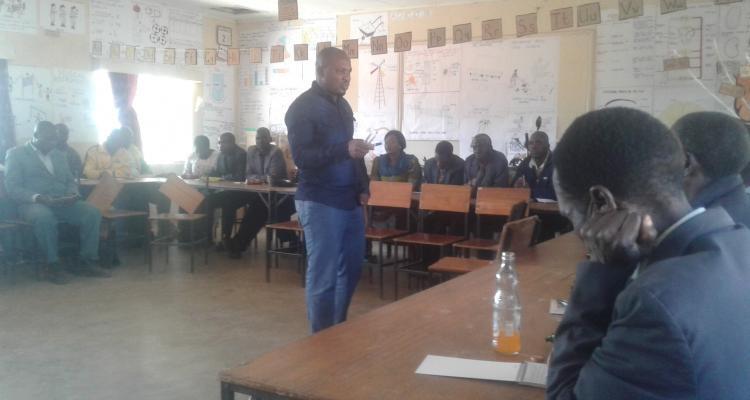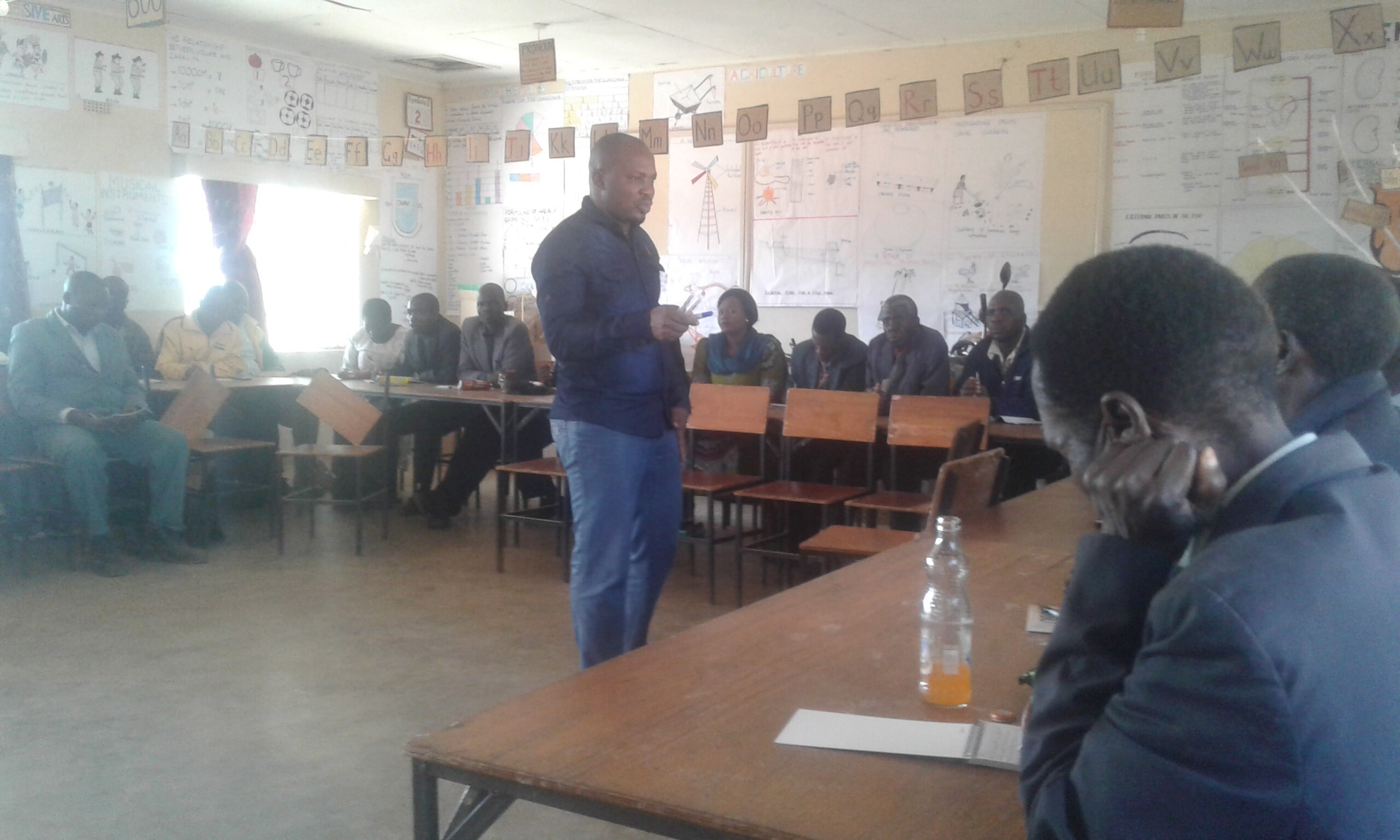
Barely few days after MEC announced an upward revision of nomination fees for 2019 tripartite elections, Women Legal Resource Centre (WOLREC) has asked political parties in the country to mobilize resources that will help them pay nomination fees for their women candidates.
WOLREC Project Officer, Evance Phiri made the request on Wednesday in Neno during an interface meeting between chiefs, religious leaders, media and political parties for increased support for female aspirants.
Phiri said WOLREC will engage meetings with political party leadership to fundraise for young female aspirants in 2019 parliamentary and Local Government Elections.

According to Phiri the hiked nomination fees will hamper the participation of women during next year tripartite elections hence urging political parties to mobilise resources for the women they will adopt to help them with nomination fees and campaigns.
“K250, 000 is actually a lot of money for some aspirant in our community, it is a lot of money especially for women,” he added.
Responding to the request all the invited district and constituency governors from DPP, UDF, PP and MCP said they will refer the matter to their nation executive committees because they don’t have capacity to fulfil such demands at district level.
According to the recent upward revised fees parliamentary candidates will pay a nomination fee of K500, 000 for men and 250, 000 for women while those wishing to be councillors will pay k40, 000 for Men and k20, 000 for women.
WOLREC through Centre for Multiparty Democracy (CMD) received funding from European Union to implement Young Women in Active Politics (YwAP) project in six districts namely; Neno and Nsanje in south, Dowa and Ntchisi in Central and Mzimba and Rumphi in North.
Through the project WOLREC is hoping to compel political parties to adopt a certain percentage of young women as candidates in the 2019 tripartite elections. Expected to end in December 2020 from January 2018 the project will benefit 60, 000 young women largely in the range of 15 to 25 years from the 6 target districts (12 secondary schools in the target districts and 4 university college youth wings).














